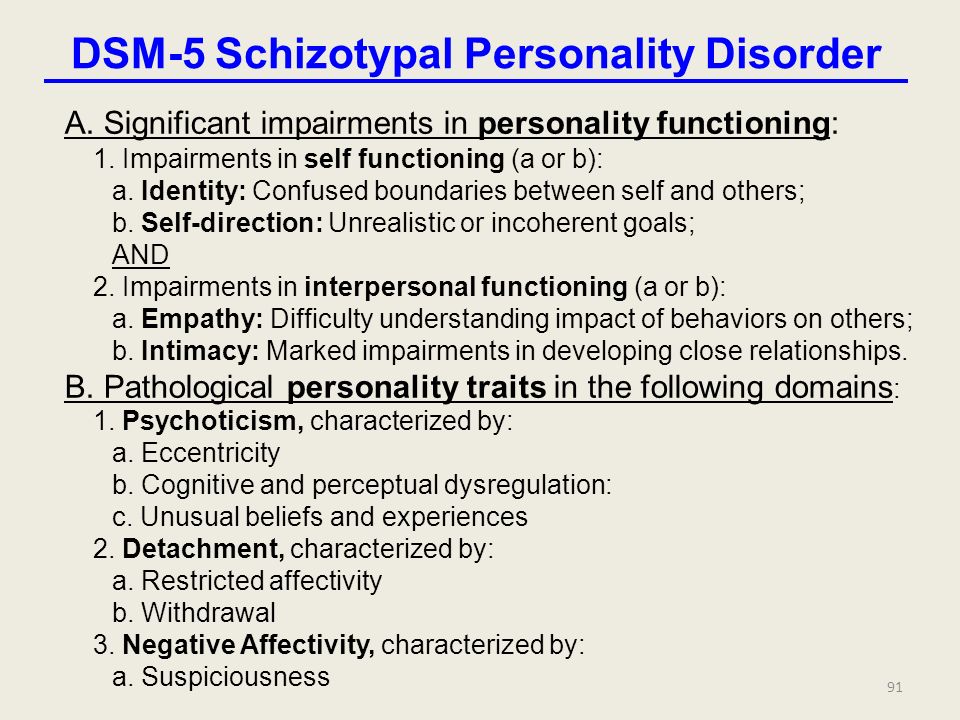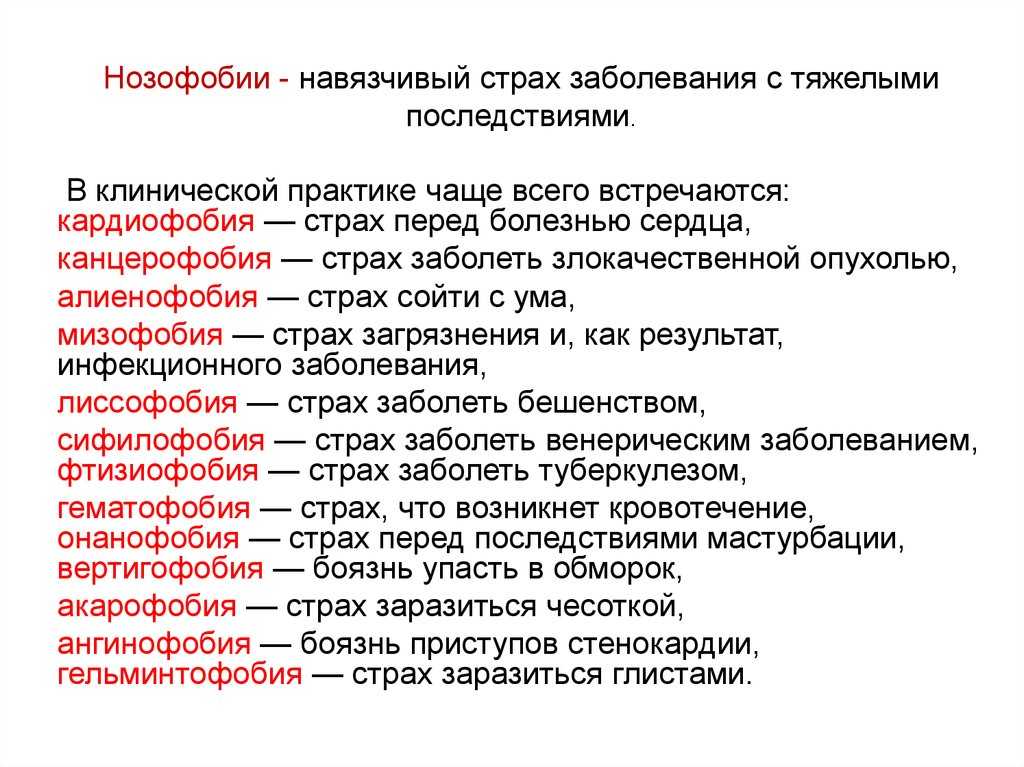Daughters of narcissistic mothers a painful psychological legacy
Healing for daughters of narcissistic mothers with Amanda Robins.
Reclaim Your Authentic Self
Has your relationship with your mother always been fraught?
Do you often feel like you are thinking through a fog when you interact with her?
Does your mother deny, invalidate, belittle and contradict you?
Do you feel like you don’t deserve love?
Do you often feel guilt or shame even though you have done nothing wrong?
Are you a perfectionist?
Do you have trouble saying no?
Do you have trouble trusting others?
Do you feel like you never get what you want or need from relationships?
You’ve probably spent a lot of time trying to work out what’s wrong and why you feel this way.
You’ve no doubt felt confused and frustrated. You probably blame yourself. There are dark places in your psyche where you just don’t want to go. And you often just feel alienated and sad. You might be overwhelmed by competing demands and your own inability to practice good self-care.
These emotionally neglected and abused children often forget who they are in the struggle to maintain relationships. They may choose partners/friends who are demanding and self-focused, perhaps even narcissistic. Daughters of narcissists grow up in an environment where their authentic self is blocked, dismissed and invalidated.
Encouraged to meet their mother’s needs, they are often blamed or rejected for trying to meet their own needs, or for asking for help.
Narcissistic parenting creates huge problems for the growing child.
Daughters of narcissistic mothers often become enmeshed with their parent, losing contact with their true self and growing up without boundaries and without the ability to recognise or nurture healthy relationships.
Underneath all these other issues, lies a fundamental problem with their sense of self.
As an adult you may feel like something is wrong but have no idea what it is.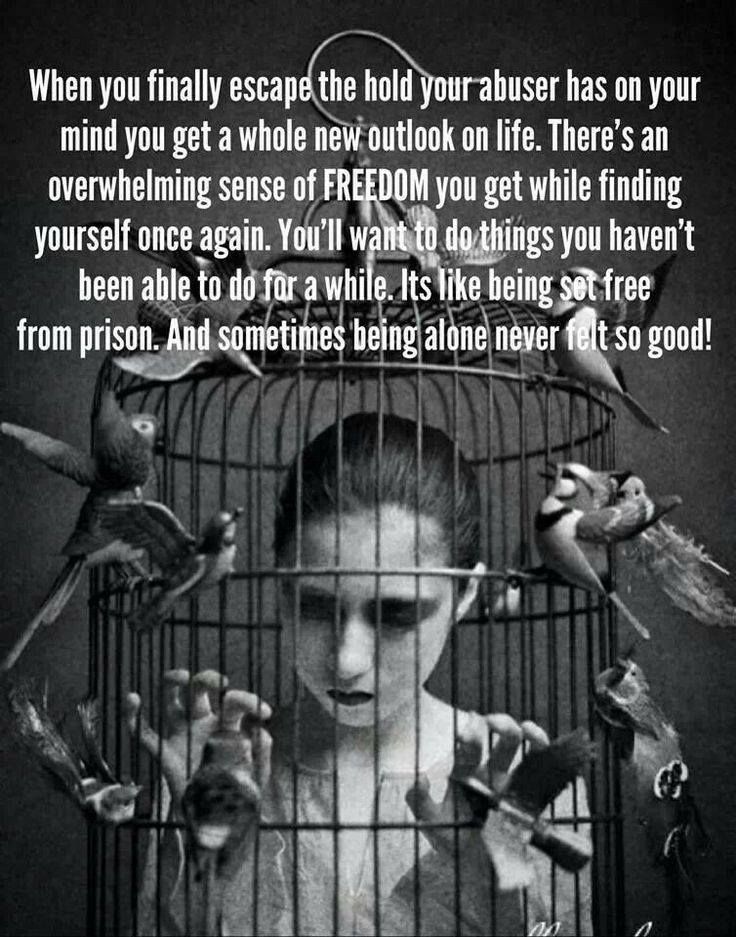
You may have problems with relationships and boundaries. You might also have issues with agency, having been encouraged into enmeshment and helplessness as a child.
You might be an underachiever, never having reached your true potential. Through self-sabotage or bad decision making, you fail, even at pursuits where you know you have the talent and commitment to succeed.
Or maybe you are a high flyer, working until you drop, but always feeling like an imposter, undeserving of the rewards and achievements that you have worked so hard to secure. For those who do well in their professional life, there is always a cost. At home, their relationships can feel cloying, distant or exploitative, even while they climb the career ladder.
For daughters of narcissistic mothers, the journey to healing begins with the first step.
This difficult first step is to recognise there’s a problem and decide you want to do something about it.
As your eyes open, you will start to reflect on your relationship with your mother, seeing her manipulation, white lies, blame-shifting, gaslighting, anger and unpredictability for what they really are.
Part of a pervasive pattern of narcissism.
It can take a while to reach this point.
I know.
I’ve been there.
My mother was perfect in my eyes (and the eyes of my siblings) for much of my adult life. I had to be perfect to please her, so I thought the problem was me. Sure, I had problems. But she was the root cause of most of them. Of course, that didn’t (and doesn’t) absolve me from working on myself to untangle the issues that are her legacy.
We can waste a lot of time being angry and spreading blame, but in the end it is up to us to make our lives what we want them to be. Whether we choose to stay in contact with our narcissistic parent or not.
Hi, my name’s Amanda and I’m a clinical social worker, psychotherapist and the daughter of a narcissistic mother. With the help of psychotherapy, self-compassion and reflection I have healed my own wounds. That’s why I know I can help you too.
Although I have been trained in social work, trauma therapy and counselling, I feel like my most significant qualification is surviving a narcissistic family.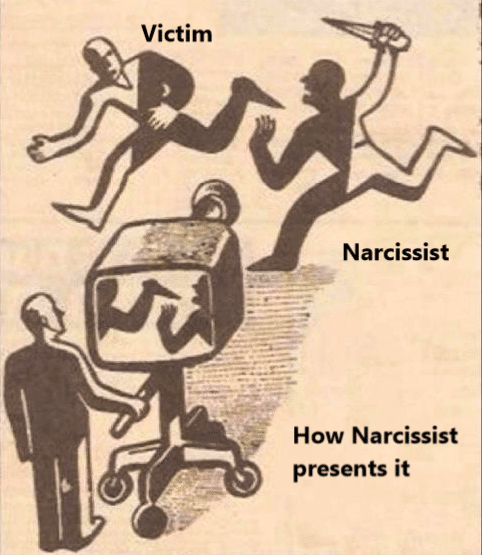
I can understand your pain and struggles on a deeper level and I know what it takes to heal.
HEALING THE MOTHER WOUNDS OF WOMEN WHO HAVE BEEN RAISED BY NARCISSISTS.Narcissistic mothers often traumatise and emotionally abuse their children, often without meaning to. Daughters are left with ongoing feelings of low self-esteem, shame and hopelessness. Women raised by narcissistic mothers often blame themselves, because they feel like they are “not good enough” and are somehow wrong or unloveable.
Survivors of narcissistic parenting usually feel like something’s “not quite right.”
Daughters often have ongoing and unconscious feelings of shame and worthlessness. Sometimes when we have a history of childhood trauma from narcissistic parents we won’t be aware of these feelings, but they are nevertheless there, running in the background and making us feel bad.
Being raised by a narcissistic mother is not the same as having a narcissistic boss, boyfriend, neighbour or colleague.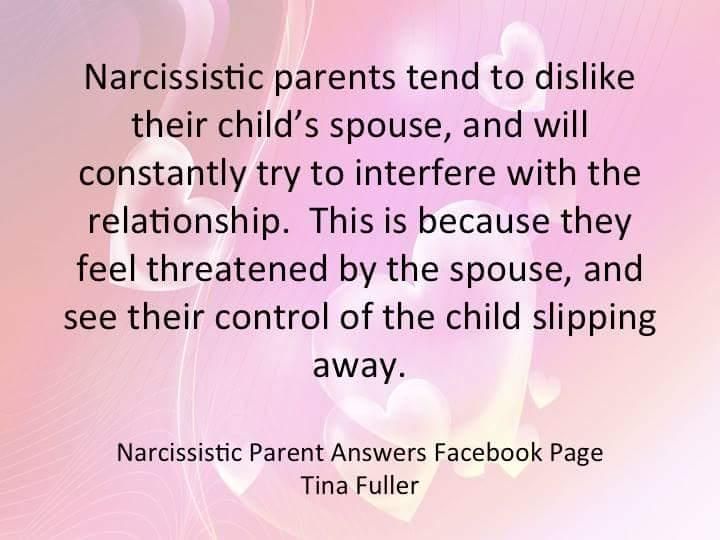 It is much more impactful and insidious.
It is much more impactful and insidious.
A narcissistic mother damages your sense of self.
When I started therapy, I didn’t know who I was. Although I had been successful in my career as an artist, it all came crashing down when my high flying role at a university ended. I was left feeling like I had no anchor. I felt worthless and lost.
I started therapy to work out what was going on and I made the life-changing decision to study social work.
As my therapy unfolded, I realised that I had been working hard and achieving to try to ward off the terrible feelings of worthlessness I had lived with most of my life. As I healed I realised I had a passion for helping others. I wanted to work with other women who had been wounded by a narcissistic mother.
How to get the life you want when you have been raised by narcissists.The first problem is that you might not even know what you want. When your sense of self has been damaged by narcissistic parenting, you will have lost contact with your true feelings and desires. Many people have been wounded in childhood, but that is not the same as the deep, pervasive wounding caused by narcissistic mothers.
Many people have been wounded in childhood, but that is not the same as the deep, pervasive wounding caused by narcissistic mothers.
There is hope.
The good news is that I know I can help you. I have helped many women just like you. They are struggling to manage their relationships, including the difficult and damaging relationship they have with their mother. They also struggle with boundaries and self-care. Deep down they are filled with shame and self-loathing. I know I was.
Therapy with me is not just about surfaces. It is not like relationship coaching or skills training.
I will take you deeper into your wounded self, to truly heal and live the life YOU want to live. I want you to develop the self-awareness and compassion needed to truly connect with your authentic self and to nurture your inner child.
When you work with me, we will explore your healing pathway through art and visual imagery. I will help you get in touch with the healthy life-enhancing creativity you may have repressed in your struggle to be accepted.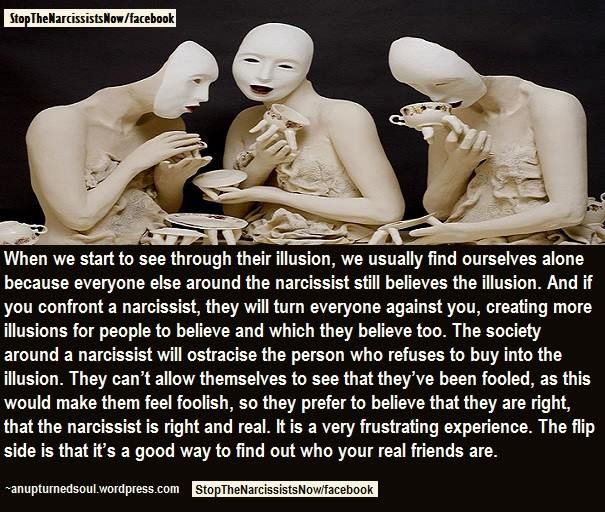 That doesn’t mean that you need to have a background in art or a talent for drawing. Just that sometimes, your right brain is smarter than you think.
That doesn’t mean that you need to have a background in art or a talent for drawing. Just that sometimes, your right brain is smarter than you think.
HOW NARCISSISTIC PARENTING WOUNDED YOU
I know that just like me, you feel things deeply. As a child you reacted strongly to the shaming and emotional abuse you suffered. Your narcissistic mother probably used shaming as a parenting strategy and maybe she projected her unwanted shame onto you. This is incredibly toxic for a young child because they just are not developmentally ready to deal with these distressing emotions. Narcissistic mothers will generally not work to repair or soothe the hurt they have caused. Mothers who are narcissistic will often shame and blame their children to rid themselves of the bad feelings they experience.
If you are like me, understanding and recognising your shame is part of the healing process.
Psychotherapy with me is different. It is not like the CBT or skills based work that you might have tried before.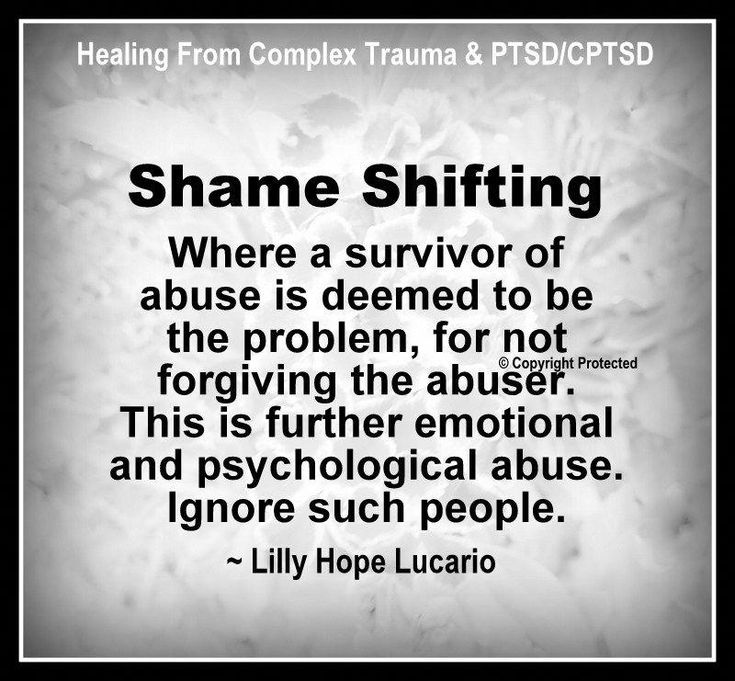 I will help you reach deep inside yourself to heal the painful wounds caused by narcissistic parenting. I will help you develop the self-awareness and compassion that will allow you to resolve the pain and shame you feel everyday.
I will help you reach deep inside yourself to heal the painful wounds caused by narcissistic parenting. I will help you develop the self-awareness and compassion that will allow you to resolve the pain and shame you feel everyday.
I can help you get your life back and connect with your true self.
Counselling for daughters of narcissistic mothers can help you by encouraging you to develop self-awareness around your emotions. Working with me, you’ll learn how to understand and manage your feelings. Even though you may have lost touch with how you really feel, I will encourage you to experience your authentic self safely, and stay in contact with the feelings which you repressed to survive your abusive childhood.
I WILL HELP YOU FEEL SAFE.
In order to heal the deep wounds of trauma from narcissistic parenting, I will need to help you access the pain and distress which are buried inside you. I will allow you to sit with the strong feelings of trauma and learn to experience them without being overwhelmed.
You will become stronger and more resilient as you learn to understand and develop compassion for your wounds.
WHY PAYING ATTENTION TO THE BODY IS IMPORTANT FOR DAUGHTERS OF NARCISSISTIC MOTHERS
Human beings are not minds trapped in bodily “containers”. We are designed to be whole and connected, with our bodies and minds intrinsically joined . Even the language we use to describe our bodies and feelings is inherently skewed.
Our wellbeing depends on so many factors.
Daughters of narcissistic mothers will often have complex trauma. CPTSD impacts your body and remains “stuck” inside you in ways that are hard to define and impossible to verbalise. Sometimes in therapy, the verbal content of a session isn’t the most important information. When you work with me, I will look at your body language, posture, tone of voice and the feelings that you have as you are talking. These are vitally important. They will often tell me more about what is going on than your words.
For people with complex trauma from narcissistic mothering, the body will hold much of their pain and distress.
Mothers who are narcissistic inevitably traumatise their children, sometimes without meaning to. Trauma that occurred early on when you didn't have words for your experiences won’t be able to be talked about directly. For the healing journey to progress, it must be sensed by a somatically (or body) oriented trauma therapist who will help you reconnect with your body to understand and resolve these initially unknowable feelings. The very early trauma you experienced that has been left in your body is often re-experienced when triggered as intense, wordless pain – a pain that you live with everyday without knowing.
Therapy with me will help you learn to recognise specific body-based trauma sensations. Getting in touch with this body knowledge is a major step for daughters of narcissistic mothers as it will allow you to understand what is going on for the first time.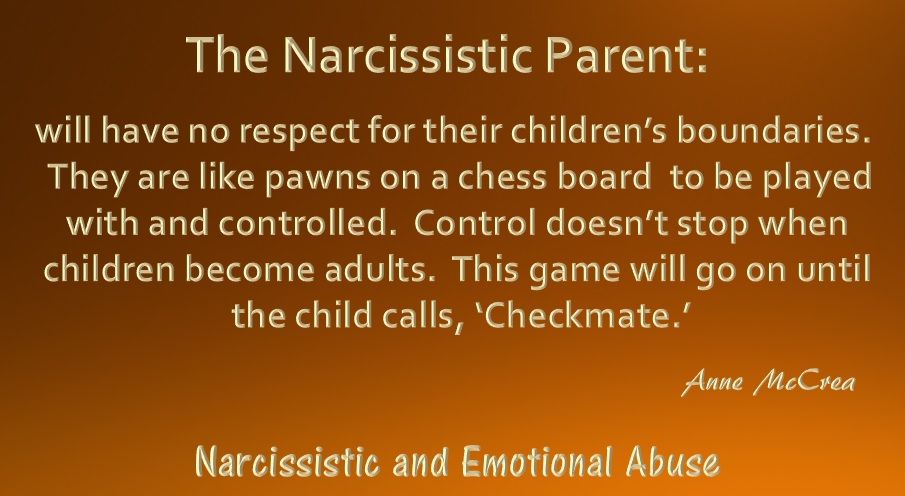
Once you have learnt to recognise and name the feelings and bodily (or somatic) sensations of trauma you will be able to practice more self-compassion. If a situation is triggering for you, you will learn to give yourself the freedom to leave, avoid, or in some cases, engage. With your newly honed skills in communication and self-care, you will be able to have more authentic and intimate conversations with those you care about.
Instead of automatically responding based on fear or unconscious trauma reactions, you will have choices.
As we work together, I will encourage you to develop distress tolerance and self-soothing skills. This will help you make your trauma more manageable on the way to the longer-term goals of healing and post-traumatic growth.
Therapy with me is not just about resolving pain.
Counselling will allow you to finally access your intrinsic healing powers and begin the rewarding process of post-traumatic growth.
I will help you discover a new, more connected and more joyful self.
Without it you will stay stuck in the painful emotions and automatic responses triggered unconsciously by the trauma of being raised by narcissists. With targeted and individualised therapy you can heal your mother wounds and become the self you were always meant to be.
What could be more important than that?
WHAT CAN I EXPECT FROM SUCCESSFUL COUNSELLING?
As you resolve your trauma through psychotherapy, you will come to enjoy life more.
Your life will feel richer, more joyful – and more connected. Through practice and exploration, you will develop better boundaries which will allow you to be closer to those you love. Therapy will help you learn new skills to cope with life’s challenges. Your relationships will be more rewarding and you will find you get on better with others at home and at work.
But more than this, I will help you develop a deeper and more compassionate relationship with yourself, where the pain and shame that you have experienced in the past will no longer dominate.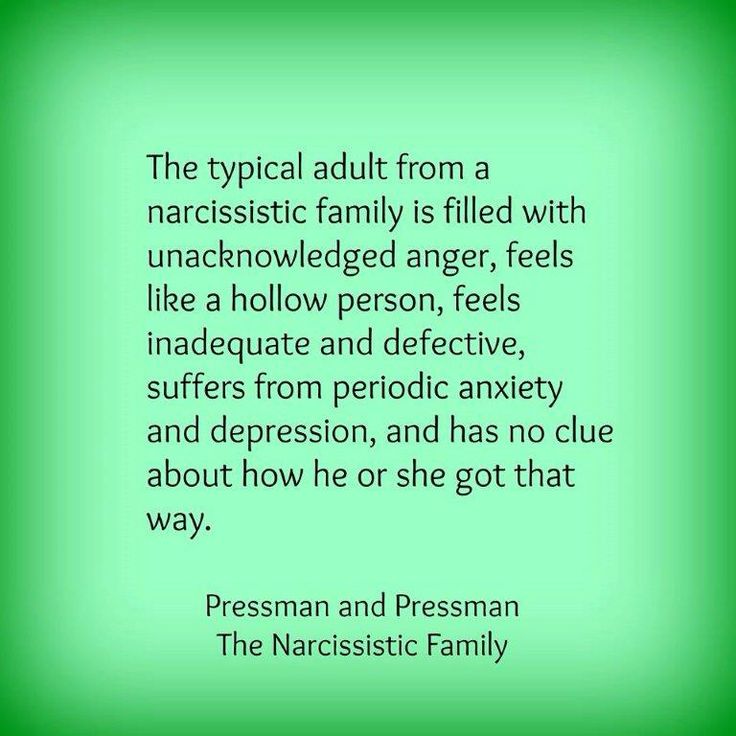
As you develop this new and rewarding conscious awareness and self-compassion, you will be ready to create a life that is truly worth living.
You May Still Have Some Questions About Counselling for Daughters of Narcissistic Mothers.
WHAT IF THERAPY TRIGGERS ME OR I FEEL OVERWHELMED?
Women who have been raised by narcissists often have CPTSD. They will normally be dealing with ongoing trauma symptoms. In this situation, safety is an important consideration. Rest assured that I will support you and ensure that you feel safe before we start to explore some of the more difficult material that must be resolved in order for deeper healing to take place. The therapy will be paced at a tempo that is individually targeted and right for you. In general I find that it’s best to schedule weekly sessions at the same time. The structure of the therapy, including its boundaries and the predictability and frequency of sessions can help contain you. This is part of what heals.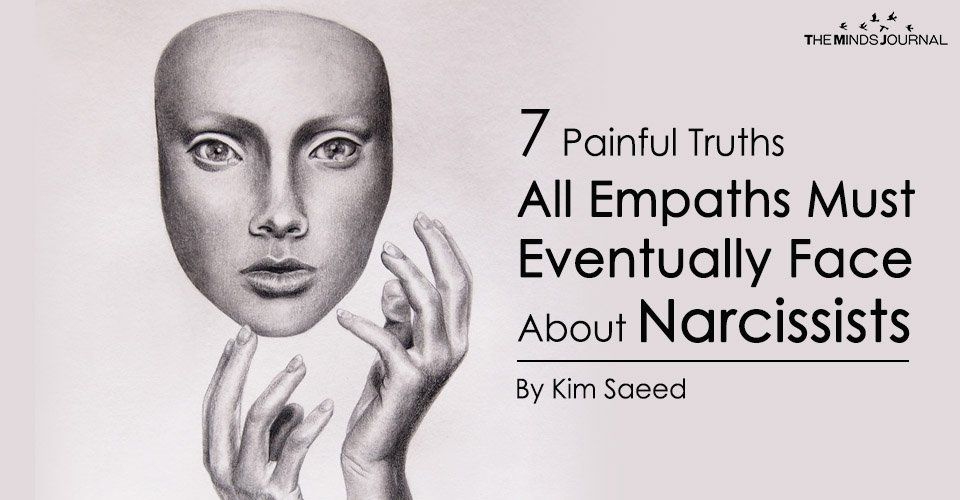
WILL I NEED TO FORGIVE MY MOTHER?
Therapy is NOT about forgiveness. It will be up to you whether you have the emotional space to forgive. Although for some people, forgiveness is part of moving on, everyone’s healing journey is unique. Therapy can uncover traumatic memories and experiences that you would rather had not happened, but it’s NOT about blaming others. You may find that some of your relationships are contributing to your feelings of distress, so we can explore these issues. Counselling will help you understand and resolve your trauma, but alongside your growing self-compassion you may start to understand the reasons for other’s behaviour as well.
SHOULD I GO NO CONTACT?
The decision to remain in contact with your narcissistic mother is not one to take lightly. There are many factors to consider, including the rest of your family, your children and siblings. Discussing this issue and weighing up the pros and cons will be part of your therapy with me. It is worth considering that you may never get the validation or acknowledgement you seek from your mother - or your siblings.
It is worth considering that you may never get the validation or acknowledgement you seek from your mother - or your siblings.
IT SOUNDS LIKE THIS WILL TAKE A WHILE: HOW WILL I KNOW THAT IT IS WORKING?
Counselling for daughters of narcissistic mothers involves developing a trusting, warm and safe therapeutic relationship with your therapist. I will make sure that you can feel safe in exploring your feelings with me. Because daughters raised by narcissistic mothers have experienced trauma in their attachment relationships, trust will be important. The empathetic, caring, non-judgmental and non-shaming relationship that we develop together is what will help heal you. This can take a while to develop and there may be ups and downs during this time, where you might feel stressed or upset. That’s normal for any therapy.
The therapy will need to be trauma informed because your wounds have been caused by trauma. A trauma-focused therapist will help you learn to trust again.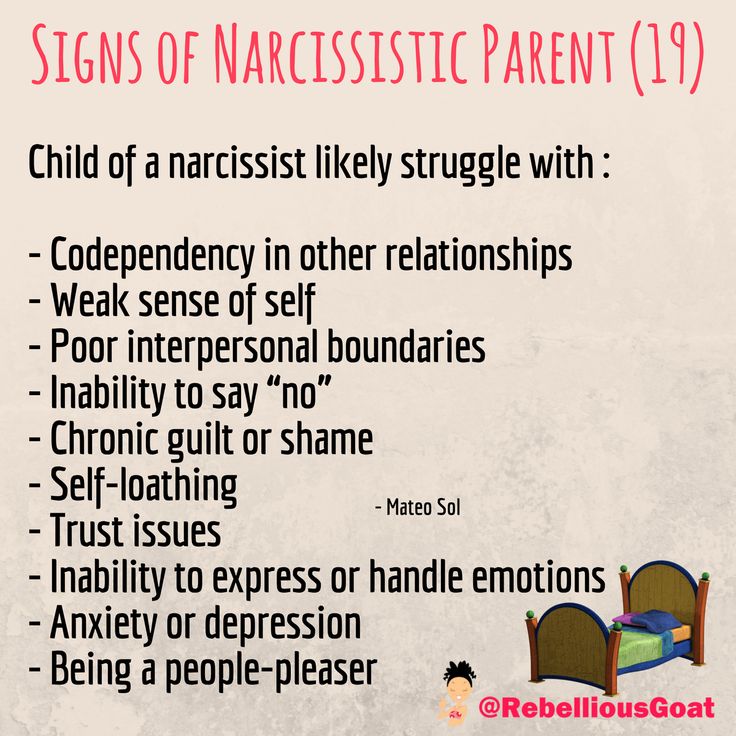 You will also learn to manage your emotions, self-soothe and eventually develop a stronger, more stable sense of self.
You will also learn to manage your emotions, self-soothe and eventually develop a stronger, more stable sense of self.
It’s normal to expect some results in the first six months with weekly sessions, however for severe narcissistic wounding it may take up to two years to really progress. Getting beyond defences and into the trauma can take many months, because it requires building trust. Daughters of narcissistic mothers often have problems with trust because they have been betrayed and exploited by those closest to them.
Women who have been raised by narcissistic mothers will usually have fundamental problems with their sense of self. It can take a while to reconnect with your true self, so it is wise to be patient with yourself and with the therapy.
As the therapy unfolds you’ll start to notice that you will become calmer, more confident, less easily triggered and able to enjoy life much more.
WHAT IF I FIND OUT I AM NARCISSISTIC?
Children of narcissists can sometimes develop narcissistic traits.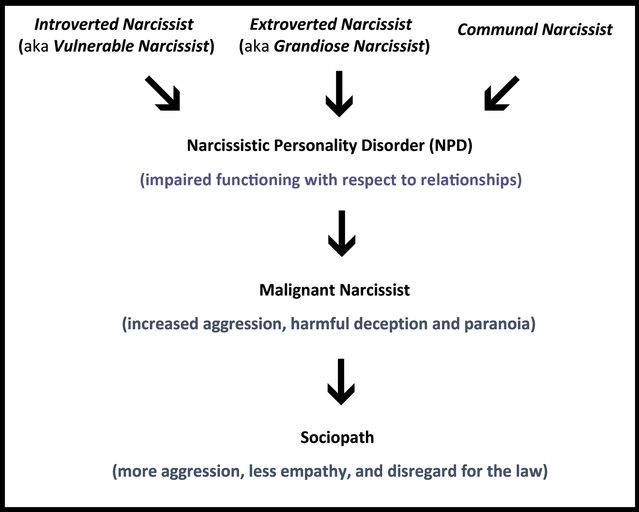 That is the reality. But we all have narcissistic tendencies – every one of us. We get past them because we want to relate to others and have a realistic approach to relationships. We have faith in ourselves and come from a solid base of empathy and belief in things beyond ourselves. That is what it means to truly connect.
That is the reality. But we all have narcissistic tendencies – every one of us. We get past them because we want to relate to others and have a realistic approach to relationships. We have faith in ourselves and come from a solid base of empathy and belief in things beyond ourselves. That is what it means to truly connect.
Narcissism is by definition a need to be self-focused. The trauma you experienced through narcissistic parenting in childhood may have resulted in some narcissistic traits. But that trauma is not your fault. That doesn’t mean that you are absolved from the consequences of your behaviour for others or that you can’t change. Therapy can help you improve your relationships with the people around you and with yourself. If you are willing to seek therapy, then that is the first step towards healing – whether or not you actually have narcissistic traits.
I’VE HEARD THAT THERAPY IS EXPENSIVE – HOW WILL I AFFORD ALL THIS – ESPECIALLY IF IT TAKES A LONG TIME?
As a social worker, I am committed to making therapy affordable for everyone.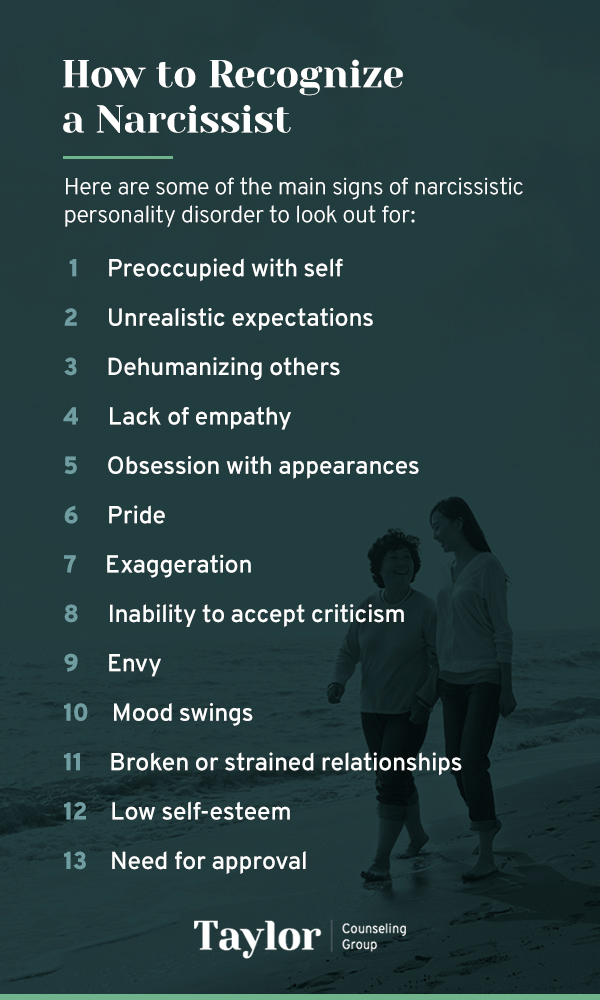 I offer Medicare rebate-able sessions to eligible clients, and am sometimes able to bulk bill those with a health care card. I am also a registered NDIS provider, so if you are a participant, you can have trauma therapy included in your plan.
I offer Medicare rebate-able sessions to eligible clients, and am sometimes able to bulk bill those with a health care card. I am also a registered NDIS provider, so if you are a participant, you can have trauma therapy included in your plan.
If money is providing an obstacle to beginning (or continuing) therapy, we can discuss how to make it more affordable for you.
Psychotherapy is an investment in you and your future. What could be more important than that?
TAKE THE FIRST STEP IN RECLAIMING YOUR AUTHENTIC SELFdownload my free ebook and Book your free discovery call here.
(for international clients only)
MORE ABOUT NARCISSISM FROM THE RECOVERY ROOMDaughters of Narcissistic Mothers | Psychology Today
Source: George Hodan, public domain
Our mother is our first love. She is our introduction to life and to ourselves. She is our lifeline to security. We initially learn about ourselves and our world through interactions with her.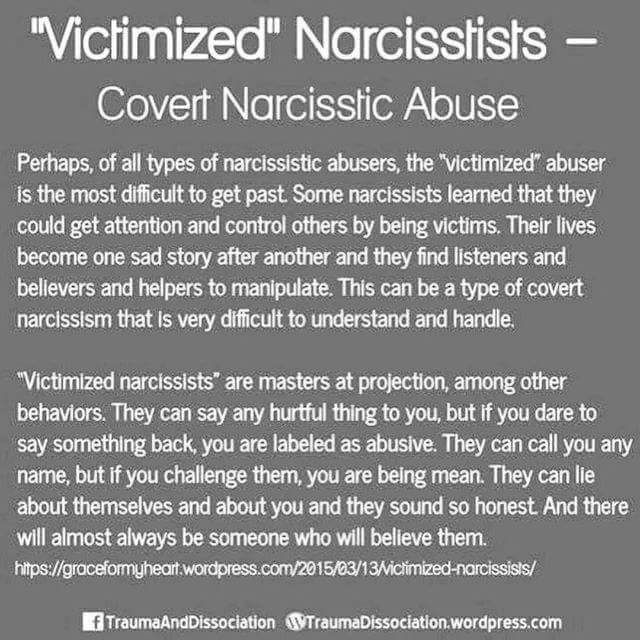 We naturally long for her physical and emotional sustenance, her touch, her smile, and her protection. Her empathetic reflection of our feelings, wants, and needs informs us of who we are and that we have value.
We naturally long for her physical and emotional sustenance, her touch, her smile, and her protection. Her empathetic reflection of our feelings, wants, and needs informs us of who we are and that we have value.
A narcissistic mother who cannot empathize damages her children’s healthy psychological development. Like Narcissus in the Greek myth, she sees only a reflection of herself. There is no boundary of separateness between her and her children, whom she cannot see as unique individuals worthy of love. Symptoms of narcissism that make up narcissistic personality disorder (NPD) vary in severity, but they inevitably compromise a narcissist’s ability to parent.
The following are some of the characteristics and consequences of having a narcissistic mother. Notice that they unwittingly get repeated in adult abusive relationships, including relationships with narcissists, because they're familiar—it feels like family.
Lack of boundaries
Some of the effects on daughters are different than on sons because girls usually spend more time with their mother and look to her as a role model.
Narcissistic mothers tend to see their daughters both as threats and as annexed to their own egos. Through direction and criticism, they try to shape their daughter into a version of themselves or their idealized self. At the same time, they project onto their daughter not only unwanted aspects of themselves, such as self-centeredness, obstinance, selfishness, and coldness but also disliked traits of their own mothers. They may prefer their son, although they can harm him in other ways, such as through emotional incest.
Narcissistic abuse
Repeated shaming and control undermine the developing identity of a young girl, creating insecurity. She cannot trust her own feelings and impulses and concludes that it’s her fault that her mother is displeased with her, unaware that her mother will never be satisfied.
In severe cases of emotional or physical abuse or neglect, a daughter may feel she has no right to exist, is a burden to her mother, and should never have been born.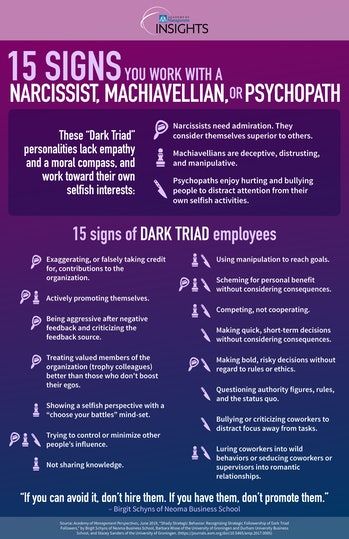 If not also abusive, often husbands of narcissistic women are passive and don’t protect their daughters from maternal abuse.
If not also abusive, often husbands of narcissistic women are passive and don’t protect their daughters from maternal abuse.
Some mothers lie and hide their abuse. A daughter doesn’t learn to protect and stand up for herself. She may feel defenseless or not even recognize mistreatment later in life.
Toxic shame
She rarely, if ever, feels accepted for just being herself. She must choose between sacrificing herself and losing her mother’s love—a pattern of self-denial and accommodation is replayed as codependency in adult relationships.
Her real self is rejected, first by her mother, and then by herself. The consequence is internalized shame based on the belief that her real self is unlovable. How could she be worthy of love when her own mother didn’t love and accept her? Children are supposed to love their mothers and vice versa!
A daughter’s shame is compounded by anger or hatred toward her mother that she doesn’t understand. She believes it’s further evidence of her badness, and that all her mother’s criticisms must be true. Never feeling good enough her life is one of continual striving and lack of fulfillment. Since love must be earned, her adult relationships may repeat a cycle of abandonment.
Never feeling good enough her life is one of continual striving and lack of fulfillment. Since love must be earned, her adult relationships may repeat a cycle of abandonment.
Emotional unavailability
Emotional comfort and closeness that normal maternal tenderness and caring provide are absent. Narcissistic mothers may tend to their daughter’s physical needs, but leave her emotionally bereft. The daughter doesn’t realize what’s missing but longs for warmth and understanding from her mother that she may experience with friends or relatives or witness in other mother-daughter relationships. She yearns for an elusive connection, felt fleetingly or never. She doesn’t learn to identify and value her emotional needs, nor know how to meet them. What remains is a sense that something is missing and an inability to nurture and comfort herself. She may look to fill it in other relationships, but often the pattern of emotional unavailability is repeated.
Control
Parents with NPD are myopic. The world revolves around them. They control and manipulate their children’s needs, feelings, and choices when they can, and take it as a personal affront deserving of punishment when they can’t. Parenting is often “my way or the highway.” Self-involvement leads some narcissistic mothers to focus only on themselves or their sons, and neglect or deprive their daughters.
The world revolves around them. They control and manipulate their children’s needs, feelings, and choices when they can, and take it as a personal affront deserving of punishment when they can’t. Parenting is often “my way or the highway.” Self-involvement leads some narcissistic mothers to focus only on themselves or their sons, and neglect or deprive their daughters.
Other mothers want their daughter to look and be her best “according to them,” but cripple their daughter in the process through criticism and control. Such mothers attempt to live through their daughter, who they see as an extension of themselves. They want her to dress and behave just as they do, and to choose boyfriends, hobbies, and work that they would choose.
“For her own good,” they might forbid or criticize whatever their daughter likes or wants, undermine her ability to think for herself, to know what she wants, to choose for herself, and to pursue it. Their attention on their daughter is accompanied by their envy and expectations of gratitude, and compliance.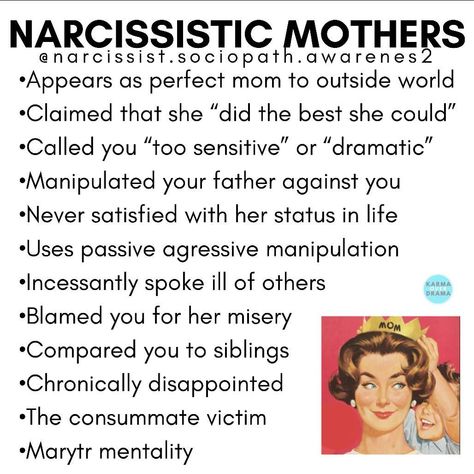
In adult relationships, these daughters often are in controlling relationships or get into unnecessary power struggles.
Competition
Believing she is “the fairest one of all,” or fearing that she’s not, motivates narcissistic mothers to not only criticize her daughter but to compete with her daughter for her husband's and sons’ love.
These mothers may deny or not protect their daughter if they abuse her. They may restrict or disparage her boyfriends because they’re “not good enough,” yet nevertheless compete for their attention and flirt with them. To be in control and number one in their daughter’s life, they may invade their daughter’s privacy and undermine her relationships with friends and other relatives.
Recovery
Recovery from the trauma of growing up with feelings of rejection and shame takes time and effort. Ultimately, it means recovery from codependency. It starts with identifying and understanding that the shaming messages and beliefs transmitted from mother to daughter are untrue. Replacing the internalized, negative maternal voice—the internal critic—with self-nurturing comes next.
Replacing the internalized, negative maternal voice—the internal critic—with self-nurturing comes next.
©Darlene Lancer 2017
About the defense mechanisms of a narcissistically injured person | Blog
Inna Kirilyuk, Twitter Facebook
We continue to publish graduation papers of our colleagues who successfully completed training in the training program "Fundamentals of Analytical Counseling and Jungian Therapy" in 2018. Today we will get acquainted with the work of Alena Shevtsova on the topic:
In my work, I would like to reveal the topic of defense mechanisms of a narcissistically injured person. All of us have some vulnerability about who we are and how valuable we feel. We begin to be proud of ourselves when we are approved from outside, and vice versa, we oppress and blame ourselves when we are not approved. nine0007
I would like to recall the myth of Narcissus, and I will give a partial interpretation of Ovid, which Nathan Schwartz-Salant described in his book.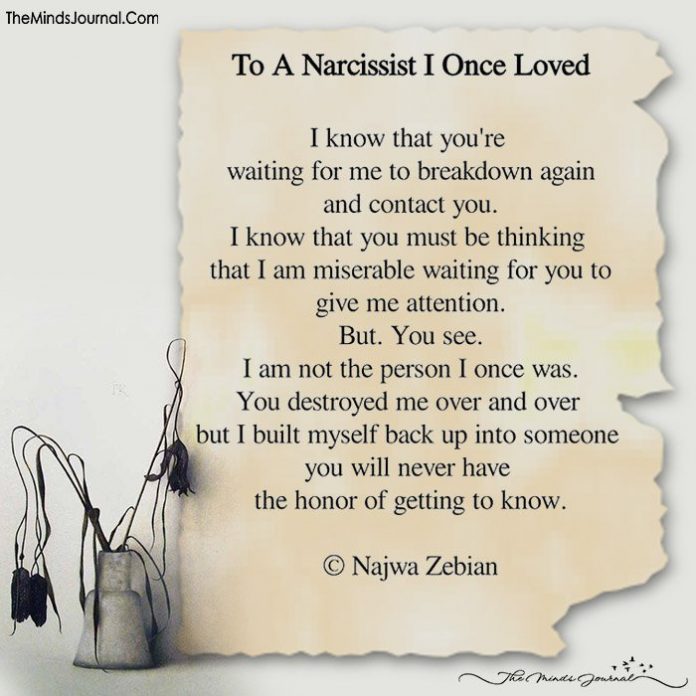
Ovid begins his story like this: Cephis, the river god, takes the nymph Liriope into his "winding river bed": and "lured into the water, she was taken by force, this lovely nymph." She subsequently gave birth to Narcissus, a child "worthy of love". Liriope asks the soothsayer Tiresias if the child will live long. “Yes, if he does not recognize himself,” he replied. At 16, Narcissus inspires passionate love in young girls and boys, "but a cold heart dwells in this tender body" - Narcissus is not able to love! The nymph Echo falls in love with him, who pursues and lures him, but cannot express her love. Somehow, Narcissus got lost and fell behind his companions, but Echo decided to get closer to him. He calls his friends: "Come here." Echo thinks that these words are addressed to her and responds by repeating his words, wants to hug him, but repels her with contempt, saying: “No, I'd rather die than lie down with you! Echo, wounded by these words, hides in the forest, unable to free herself from love. She withered from grief, her voice remains an Echo, and her bones turned into stones, and she lives in the mountains, forests, meadows, echoing. Then the goddess Nemesis curses the daffodil. He is condemned to love, but he will never possess the one he loves. He is doomed to love his own image reflected in the water, never being able to touch it. nine0007
She withered from grief, her voice remains an Echo, and her bones turned into stones, and she lives in the mountains, forests, meadows, echoing. Then the goddess Nemesis curses the daffodil. He is condemned to love, but he will never possess the one he loves. He is doomed to love his own image reflected in the water, never being able to touch it. nine0007
Birth of Narcissus precedes conjunction: Cephis forcibly took possession of Liriope. From a structural point of view, it points to problems related to the coniunctio archetype - the union of opposites. Such a connection was prevented by great fear (“Hands off! I don’t need your hugs! I would rather die than lie with you!” - a beautiful image of the attitude of the narcissistic personality), so the healing therapeutic process mainly focuses on the formation of unity in the transference-countertransference and on the ability to work with him. [3]
In psychoanalysis (Kohut, Grünberger) narcissism is considered a factor related to the self, and at the same time, according to the Freudians, it has both a positive and a negative effect on the individual.
Since the beginning of detailed investigations, the symptoms of the narcissistic personality have been characterized; anxiety, depression and paranoid tendencies, but the main complaints were still considered to be their lack of sense of their own identity and low self-esteem. When dealing with such disorders, we are faced with a violation of the development of the relationship between the ego and the self. There used to be a belief that narcissistic people were incurable because of their narcissistic barrier, which became a defense and served as the main obstacle for the patient to establish any emotional relationship with the analyst. But later it was found that patients with narcissistic disorder develop very strong transferences to analysts, which have a powerful effect in causing countertransference reactions. nine0007
In his book, K. Asper writes that a narcissistically injured person experiences himself as empty, empty and lifeless. He is limited in experiencing the sense of intensity of life that can give a positive animus/anima configuration.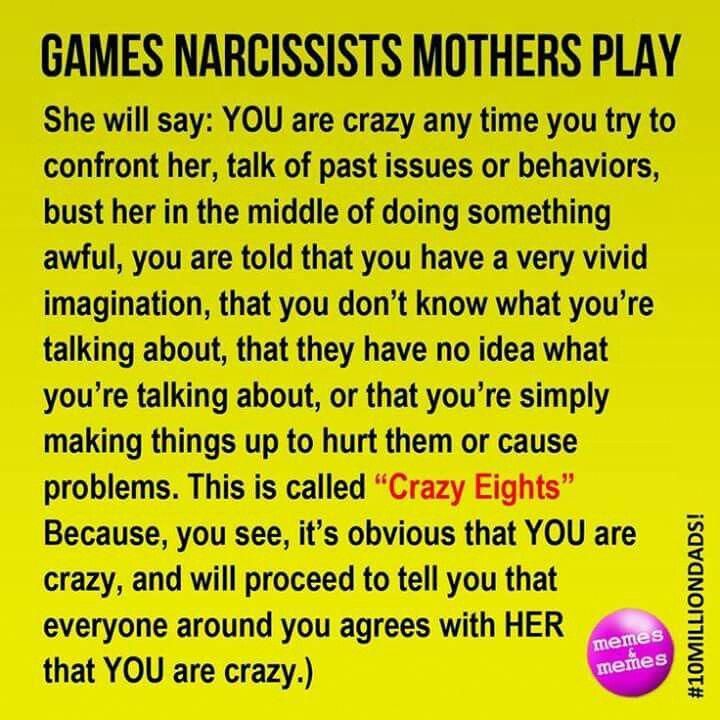 In a narcissistic personality, the animus and anima, as a reflection of images that were significant to him in childhood, invade his autonomy and prevent him from enjoying life.
In a narcissistic personality, the animus and anima, as a reflection of images that were significant to him in childhood, invade his autonomy and prevent him from enjoying life.
In childhood, the child was not allowed to complain, to express his feelings when it was difficult for him, or when, in the event of the loss of a loved one, he did not have the opportunity for a new relationship. If a child was emotionally rejected, often in such circumstances he was forced to build a survival strategy. In this process, he introjects the patriarchal demands of duty too early, which feeds the negative side of the Animus. In the future, such a child tries to help himself by gaining recognition from others, trying to meet the expectations of others and please. At the same time, he develops a solid facade, a mask or "persona". This masked behavior is accompanied by the ego trying to protect itself from the past painful experience, and at the same time from repeating such an experience in the present.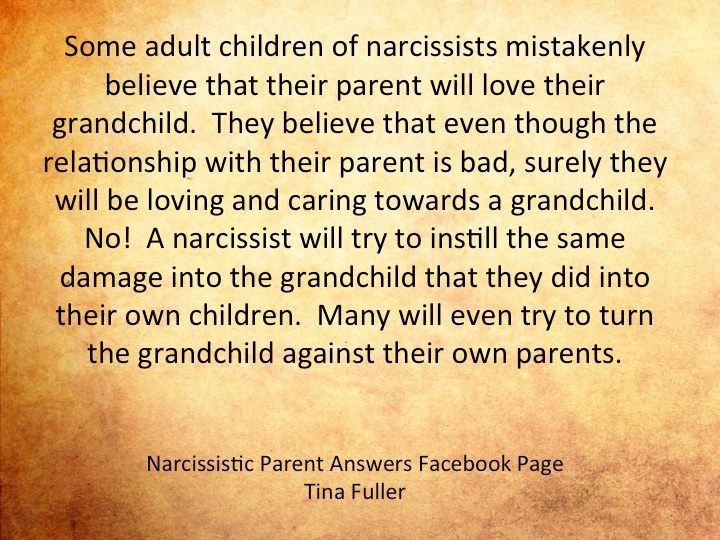 Protection from childhood pain leads to amnesia and forgetfulness of one's childhood. As a result, a narcissistically injured person is deprived of the opportunity to experience their true feelings. He is constantly looking for paradise, the pursuit of greatness and omnipotence, although it can become dangerous for such a fragile ego. As long as the ego can buy admiration for itself through its survival strategies, everything is fine, but when expectations are shattered, the slightest resentment is perceived as anger, anxiety, hatred, and depression. His self-esteem is not stable and natural, it fluctuates between megalomania and depression, which leads the narcissistic person to a battle for balance, as E. Neumann says, he is alienated from the stable axis of the ego self. [2]
Protection from childhood pain leads to amnesia and forgetfulness of one's childhood. As a result, a narcissistically injured person is deprived of the opportunity to experience their true feelings. He is constantly looking for paradise, the pursuit of greatness and omnipotence, although it can become dangerous for such a fragile ego. As long as the ego can buy admiration for itself through its survival strategies, everything is fine, but when expectations are shattered, the slightest resentment is perceived as anger, anxiety, hatred, and depression. His self-esteem is not stable and natural, it fluctuates between megalomania and depression, which leads the narcissistic person to a battle for balance, as E. Neumann says, he is alienated from the stable axis of the ego self. [2]
K. Asper writes: “Because the developing child does not receive maternal care to help him grow. The self turns out to be unable to actualize its own nature, while it remains in a latent state, in the shadows and forms a rigid ego, cutting itself off from early painful experiences.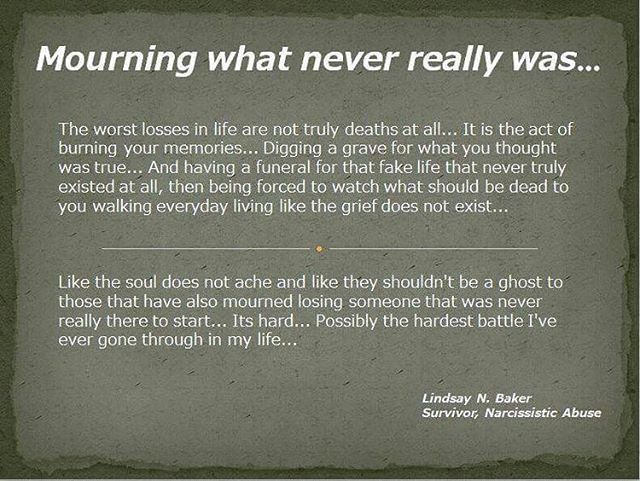 The connection with the original child is severed and the ego of the narcissistic person becomes prone to fragmentation and vulnerability, the influx of the unconscious from the realm of the shadow.
The connection with the original child is severed and the ego of the narcissistic person becomes prone to fragmentation and vulnerability, the influx of the unconscious from the realm of the shadow.
Main features characteristic of narcissistic personality disorder:
- Fear of rejection
- Demonstration of autonomy
- Weak capacity for empathy
- Intolerance of criticism
- Violation of the masculine and feminine functioning of the psyche
- Impervious to surroundings
- Grandiosity, depression
- Lack of feelings
- Incommensurable anger, modesty
- Distorted perception
In an essay on narcissism, Freud uses the term narcissism to describe the stage of psychological development between autoeroticism and object love. This is primary narcissism, the normal stage of object love. It is characterized by the fact that autoerotic sexual impulses that have not yet been connected with each other are combined into a single whole.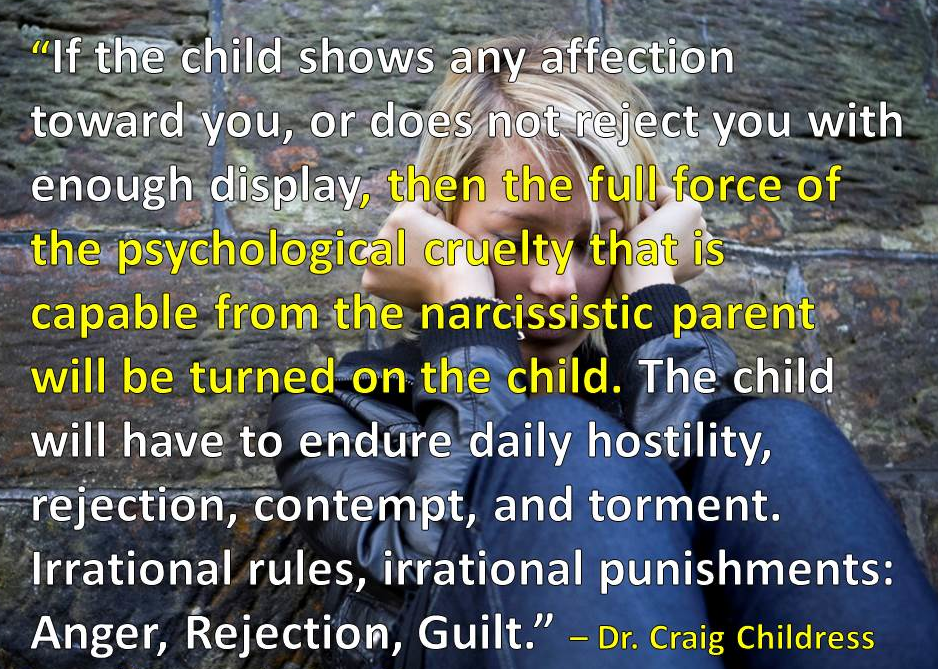 They fill the self of a person, sometimes called "ego" by Freud, making it the very first object of love. Further development of the libido leads through the homosexual choice of the object to heterosexuality. However, not all of the libido is transferred to the object, some of it is retained as a narcissistic cathexis of the person's own self. nine0007
They fill the self of a person, sometimes called "ego" by Freud, making it the very first object of love. Further development of the libido leads through the homosexual choice of the object to heterosexuality. However, not all of the libido is transferred to the object, some of it is retained as a narcissistic cathexis of the person's own self. nine0007
Secondary narcissism arises through the reversal of the narcissistic libido to the point of early fixation, and according to Freud is the cause of mental illness. Thus, a relapse into infantile autoeroticism leads to schizophrenia. In the case of paranoia, the narcissistic libido released as a result of the regression leads to the inflation of the ego and the cathexis of the self as the only object of love. [3]
Discussions about narcissism are in the spotlight today thanks to the work of Heinz Kohut and Otto Kernberg. Kernberg suggested that the most obvious grandiose patients have either an innate strong drive of aggression, or a constitutionally determined insufficient capacity to tolerate aggressive impulses.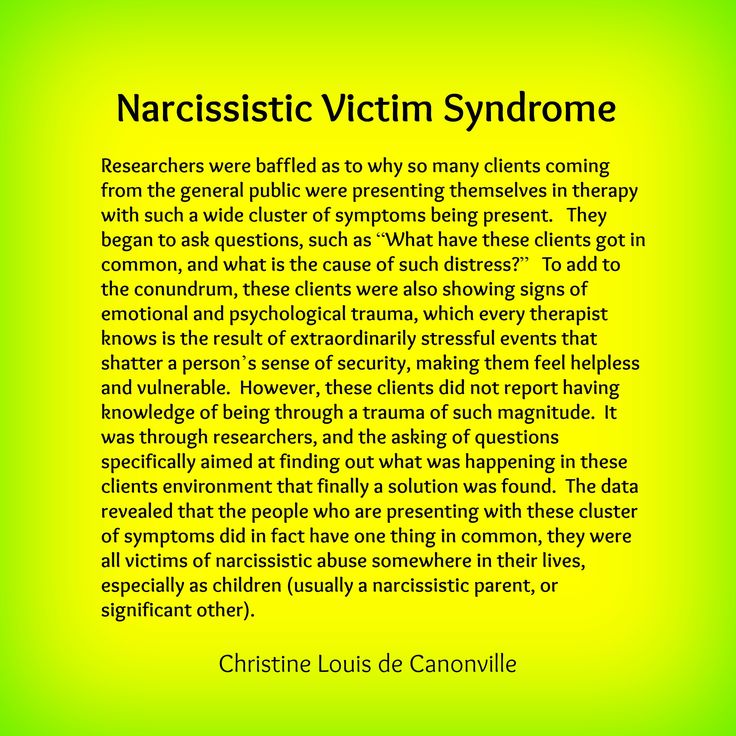 Such a feature may, to some extent, explain the fact that narcissistic people tend to avoid their own drives and desires for a long time, they may be afraid of their power. The essence of the opposite positions of Kohut and Kernberg is that Kohut considered pathological narcissism from the point of view of development (the patient's maturation proceeded normally and met with some difficulties in resolving the normal needs of idealization of deidealization). Kernberg, on the other hand, understood this in terms of structure (something went wrong very early in allowing the individual to surround himself with primitive defenses that differ from the norm in quality rather than in degree). The concept of Kohut's narcissistic personality can be illustrated by the image of a plant whose growth was stunted as a result of a lack of watering and lighting at critical times. Narcissus Kernberg can be represented as a plant mutated into a hybrid. [nineteen0007
Such a feature may, to some extent, explain the fact that narcissistic people tend to avoid their own drives and desires for a long time, they may be afraid of their power. The essence of the opposite positions of Kohut and Kernberg is that Kohut considered pathological narcissism from the point of view of development (the patient's maturation proceeded normally and met with some difficulties in resolving the normal needs of idealization of deidealization). Kernberg, on the other hand, understood this in terms of structure (something went wrong very early in allowing the individual to surround himself with primitive defenses that differ from the norm in quality rather than in degree). The concept of Kohut's narcissistic personality can be illustrated by the image of a plant whose growth was stunted as a result of a lack of watering and lighting at critical times. Narcissus Kernberg can be represented as a plant mutated into a hybrid. [nineteen0007
Self-psychologists thus recommend a benevolent acceptance of idealization or devaluation and an unflinching empathy with the patient's experience. Kernberg advocates a persistent but tactful confrontation of grandiosity, appropriated or projected, and an interpretation of defenses against addiction and greed. A very important contribution of Kohut to the technique was his attention to the consequences of the therapist admitting his own mistakes, when admitting one does not become overly self-critical. [nineteen0007
Kernberg advocates a persistent but tactful confrontation of grandiosity, appropriated or projected, and an interpretation of defenses against addiction and greed. A very important contribution of Kohut to the technique was his attention to the consequences of the therapist admitting his own mistakes, when admitting one does not become overly self-critical. [nineteen0007
The narcissistic personality tends to constantly lack the mirror image that comes from parental envy. If the parents' own identity is insufficient, they become sensitive to how the child loves them. Often the child feels that he has something special that his parents need, and it should manifest itself in such a way as to mirror the parents. Children begin to emotionally "save" their parents, mirroring them "as good." Here, when working, you have to deal with an underlying feeling of envy and jealousy towards your children, who develop and develop an identity that their parents do not have. nine0007
It is from the feeling of envy and hatred of the surrounding people, and first of all the parents, that the narcissistic personality builds its defenses.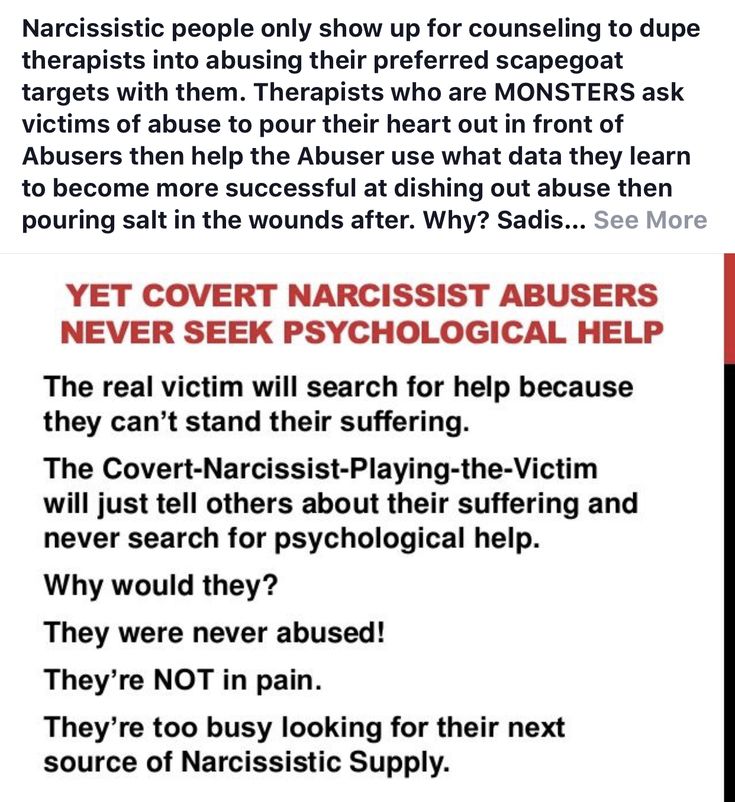
Narcissistic people can use a whole range of defenses, but most fundamentally they depend on idealization and devaluation. These defenses are complementary in the sense that when idealized, one's own self and the role of other people are devalued, and vice versa. Kohut began to use the term grandiose self to convey a feeling of greatness and superiority, which characterizes one of the pluses of the inner world of a narcissistic personality. This grandiosity can be felt internally or projected. nine0007
There is a constant ranking process that narcissistic personalities use when dealing with any problem they face: which doctor is the best? Which school is the best? Where are the most stringent training requirements? Real advantages and disadvantages may be overlooked due to prestige preoccupations. A related defensive position into which people become narcissistically motivated is thought to be perfectionism. Such patients believe that the main therapeutic effect is self-improvement, and not understanding oneself in order to find more effective ways to deal with their own needs.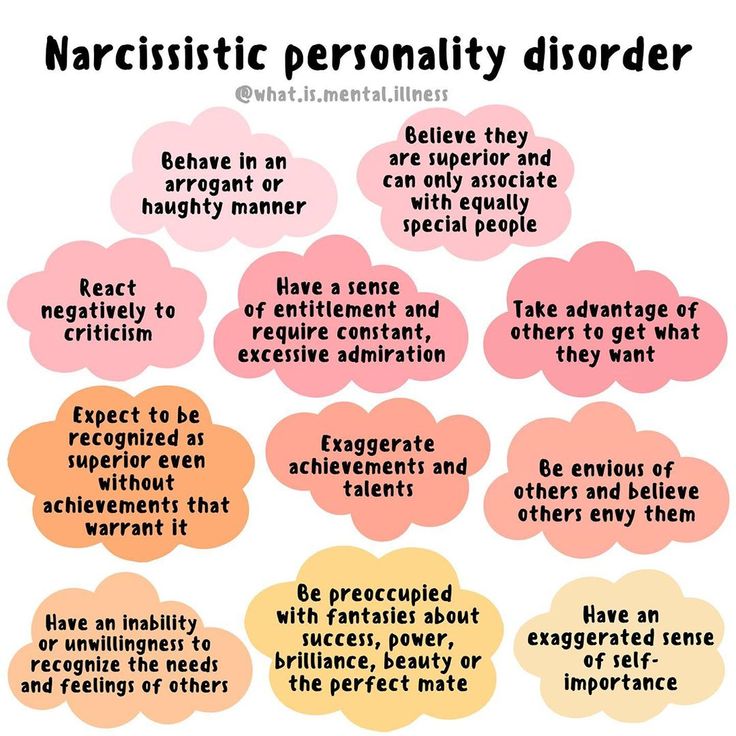 The demand for perfection is expressed in constant criticism of oneself or others, as well as in the inability to take pleasure in all the duality of human existence. Some patients have lifelong patterns of idealizing someone, then toppling that person off their pedestal when their imperfection is revealed. The perfectionist solution to the narcissistic dilemma is essentially self-destructive, unattainable ideals are created to compensate for defects in the self. These defects seem so contemptible that no success can hide them anyway, and besides, no one can be perfect, so the whole strategy fails, and depreciated — I appears again. nine0007
The demand for perfection is expressed in constant criticism of oneself or others, as well as in the inability to take pleasure in all the duality of human existence. Some patients have lifelong patterns of idealizing someone, then toppling that person off their pedestal when their imperfection is revealed. The perfectionist solution to the narcissistic dilemma is essentially self-destructive, unattainable ideals are created to compensate for defects in the self. These defects seem so contemptible that no success can hide them anyway, and besides, no one can be perfect, so the whole strategy fails, and depreciated — I appears again. nine0007
The clinical literature consistently emphasizes shame and envy as the main emotions associated with the narcissistic personality organization. The subjective experience of narcissistic people is imbued with a sense of shame and the fear of feeling it. Shame is the feeling that you are seen as bad and wrong, the observer is outside your own Self.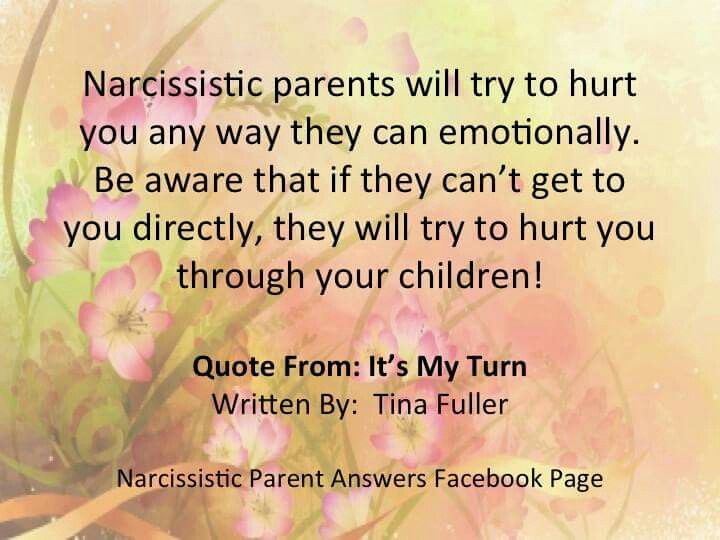 [1]
[1]
Nancy McWilliams in her writings draws attention to the fact that the vulnerability of the narcissistic personality to envy is a related phenomenon. If I am inwardly convinced that I have some shortcomings and my inadequacy can always be exposed, I begin to envy those who seem content or have those virtues that, in my opinion, could contribute to my deprivation. Such people tend to judge themselves and others. If I feel a lack of something and it seems to me that you have it, I can try to destroy what you have by expressing regret, contempt or criticism. Narcissistic people need self-objects, a term that reflects the fact that individuals who play this role function both as objects outside their own self and as part of their own outlined self. By helping to modulate self-esteem, they add to or replace what most of us is an internal function. We all have self-objects and need them. If we lose them, we feel smaller, as if some vital part of us has died. Reality requires us that others be something more than a self-object to us, we must treat them for who they are and what they need, and not just for what they do for us.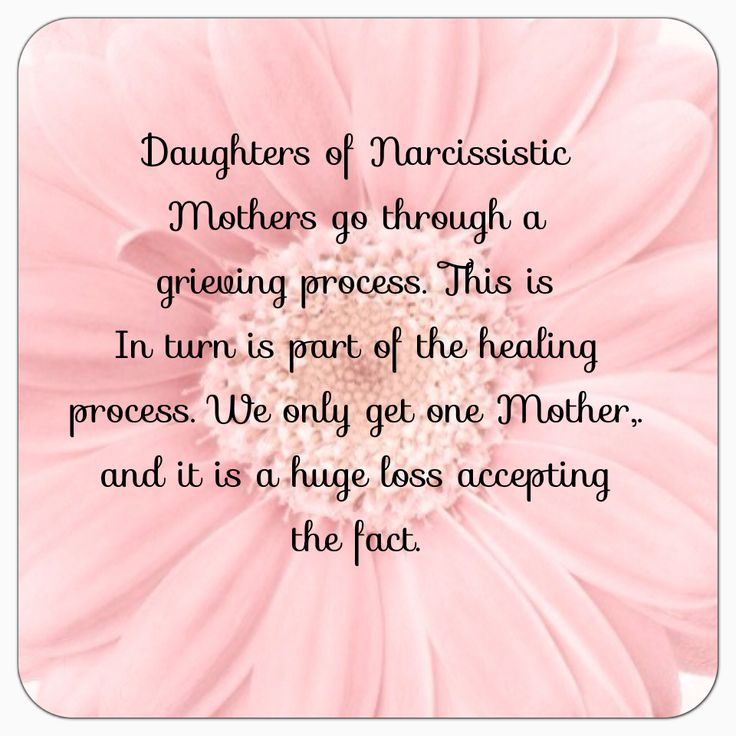 Consequently, narcissistic people send conflicting messages to their family and loved ones: their need for others is great, but their love is superficial. [nineteen0007
Consequently, narcissistic people send conflicting messages to their family and loved ones: their need for others is great, but their love is superficial. [nineteen0007
Narcissistic patients have strong reactions to the therapist. They can devalue or idealize, and this phenomenon is characterized by such countertransferences as boredom, drowsiness, the feeling that nothing is happening in therapy.
The goal of transforming the problem of narcissistic self-alienation is to develop a positive and loving relationship with oneself and a tolerant attitude towards others. A narcissistically traumatized person is constantly looking for a mother and a maternal relationship in order to strengthen his right to live and develop, thus he is in search of the implementation of the reflection and evaluation model that was present in his early relationship with his mother. nine0007
Instructions for use
In his book Psychoanalytic Diagnostics, N. McWilliams says that an important condition for working with narcissistic pathology is patience. The therapist has to endure countertransference reactions of boredom, drowsiness, and demoralization. This attitude involves acceptance of human imperfection, which makes therapy work a tedious task. It is desirable for the therapist to embody a nonjudgmental realistic attitude towards the patient's fragility. Attempting to help narcissistic patients also requires constant attention to the patient's latent self state. Many patients experience intense shame when confronted with what they perceive as criticism. Therefore, the therapist must be able to feel and accept pain in order to perform sensitive interventions. An alliance with a narcissistic patient is always fragile, as they cannot stand a situation where their self-esteem is reduced. It is also of great importance to work through shame and guilt, strengthening the ego in therapy. It is difficult for such patients to recognize their own role in life's failures, narcissists run from their mistakes and hide from those who can detect them.
The therapist has to endure countertransference reactions of boredom, drowsiness, and demoralization. This attitude involves acceptance of human imperfection, which makes therapy work a tedious task. It is desirable for the therapist to embody a nonjudgmental realistic attitude towards the patient's fragility. Attempting to help narcissistic patients also requires constant attention to the patient's latent self state. Many patients experience intense shame when confronted with what they perceive as criticism. Therefore, the therapist must be able to feel and accept pain in order to perform sensitive interventions. An alliance with a narcissistic patient is always fragile, as they cannot stand a situation where their self-esteem is reduced. It is also of great importance to work through shame and guilt, strengthening the ego in therapy. It is difficult for such patients to recognize their own role in life's failures, narcissists run from their mistakes and hide from those who can detect them.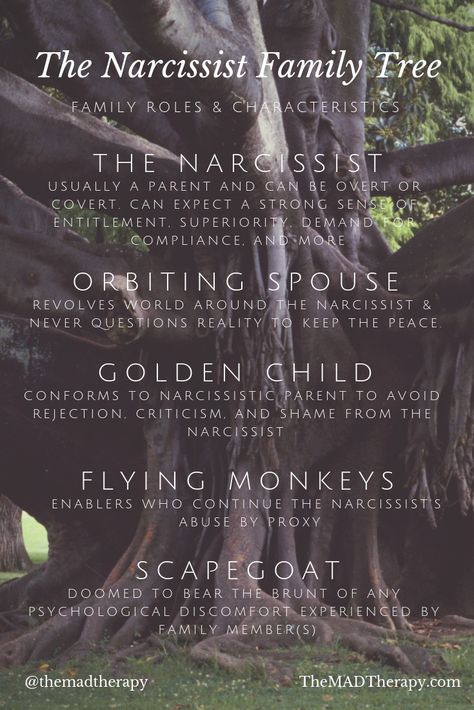 At the same time, the therapist should not stimulate strong shame, because the patient may abruptly stop treatment or have secrets from the therapist. nine0007
At the same time, the therapist should not stimulate strong shame, because the patient may abruptly stop treatment or have secrets from the therapist. nine0007
With a strong ego, the person can increasingly resist the trauma and become aware of his pain, which is the other side of depression, so it is important that the analysand goes through it and becomes aware of all emotional or physical abandonment in the past. By establishing contact with one's true feelings, which is a prerequisite for coming out of the shadow and revealing its true nature, becoming a sense of inner support, cooperation with oneself and the opportunity to really begin to live one's own life here and now. The therapist should also provide empathic understanding to help their clients see their perspective and integrate it. nine0007
A person who has gone through such a path is transformed to an ever greater extent able to get away from self-alienation, become more joyful, find his own way, become more tolerant and able to live with his feelings.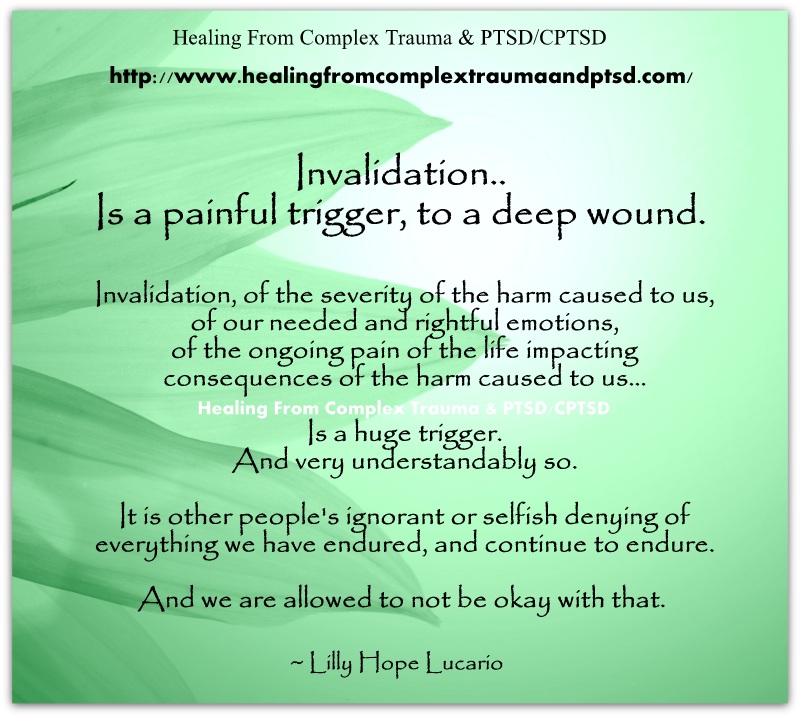
I turned to the work of Nathan Schwartz - Salant. If the analyst is in good contact with his self as an inner directed center, if he is open enough to listen to his unconscious wisdom which tells him when to apply interpretations and when not to, then therapy will proceed as if the analyst had a conscious attitude towards specific form of steady transfer. Narcissism is the problem of our time, for it is the focus of attention directed towards the image of a new self that is in the process of transition. Therefore, Jung was actually working on the topic of narcissism long before it became widespread in the clinical world. To be sure, modern psychoanalysts have made valuable contributions, especially their study of transference-countertransference processes and issues related to envy, rage, and exhibitionism, but the acceptance of the mythological view enriches them greatly. nine0007
The goal of transforming the problem of narcissistic self-alienation is to develop a positive and loving relationship with oneself and a tolerant attitude towards others. A narcissistically traumatized person is constantly looking for a mother and a maternal relationship in order to strengthen his right to live and develop, thus he is in search of the implementation of the reflection and evaluation model that was present in his early relationship with his mother. [1]
A narcissistically traumatized person is constantly looking for a mother and a maternal relationship in order to strengthen his right to live and develop, thus he is in search of the implementation of the reflection and evaluation model that was present in his early relationship with his mother. [1]
Practical part
As an example of a narcissistic personality, I will give a description of one of the main characters in Ingmar Bergman's film Autumn Sonata, Charlotte, the mother of two daughters, Eva and Helena. nine0007
Charlotte's mother is a successful pianist, a flamboyant woman with pronounced narcissistic traits. She made a brilliant musical career, took place professionally, but at home she prefers to shine and communicate superficially. Graceful, elegant and cold, like a snow queen, incapable of feelings. Charlotte is focused solely on herself: having buried her lover, she is sad only about what she has lost, and that mourning does not suit her. He skillfully expresses any range of feelings, from sorrow to joy, and in a second switches to his appearance, transfers any topic to himself. Somehow, Charlotte feels that she brings grief to loved ones, but she cannot realize this, and she remains on the surface of incomprehensible anxiety. nine0007
Her main role, her vocation, her mission is to please! Nature endowed her with feminine charm, beautiful features and musical abilities. In the professional field, her narcissistic ego was able to reveal itself to the fullest. Recognition, adoration is a drug for which Eva's mother will do anything. Even parting with her children, for whom she has always been someone insanely beautiful, desirable and absolutely inaccessible.
Daughter Eva - devastated by her own mother, a deeply unhappy person who has never been able to grow up. All her life she was looking for motherly love, all her life she received only coldness and humiliation. She is torn between a painful feeling of love for her mother and a sizzling hatred for her, combined with a thirst for revenge. It is not clear what she wants to achieve more with this invitation: to improve relations with her mother or finally erase all the accumulated pain. Eva lives in illusions, she thinks that her dead son is still alive and is invisibly with her. From the same series, a naive belief that her mother will change, ask for forgiveness, realize that she was wrong, and finally love her. nine0007
The piano playing scene is a perfect illustration of narcissistic behavior. It is no coincidence that one of the most profound and tragic preludes of Chopin was chosen. Each of the women is immersed in the work in her own way, we hear the alternate performance of an introvert and an extrovert. The mother insists that her daughter play the piano, and then shows disregard for her daughter's playing, and immediately performs the same piece, only better. Probably every daughter of a narcissistic mother has experienced some kind of competition in relationships. Such mothers choose as a field of competition what they are obviously stronger in, and enjoy the victory over their own child, no matter if he is five years old or fifty. nine0007
In a senseless race for unattainable maternal splendor, trying to become at least a little like her, Eva began to hate herself. Her female fate was unhappy. Eva married without intimacy. Not considering herself worthy of love, she reproaches her husband for not being sincere in expressing feelings. Having had an abortion at a young age from a beloved man, destroying her relationship at the insistence of her mother, she put an end to personal feelings. But Eva cannot mourn her failed love, because she cannot express her feelings. She doesn't know at all where her feelings begin and where other people's needs end. She doesn't know who she is at all. Despite everything, Eva tries to establish contact with her. At the moment when the daughter pours out her most intimate things to her mother, when the clash of souls is inevitable, Eva is faced with a chilling emptiness, with the truth of life: her mother, by her nature, is unable to understand her tragedy, she sees nothing but herself. nine0007
Analyzing her mother, Eva comes to a terrible conclusion: “People like you are dangerous to others. You must be isolated so that you cannot harm anyone. .. Mother and daughter. What a terrible interweaving of love and hatred, evil and good, chaos and creation. And everything that happens is programmed by nature. The vices of the mother are inherited by the daughter. The mother has failed, the daughter will pay the price. The misfortune of the mother will be the misfortune of the daughter. It's like an umbilical cord that has not been cut, not torn. Mom, is it really? Is my grief your triumph? nine0007
In addition to the victims of the narcissistic woman, the deep suffering of the mother, the inner tragedy of the narcissist, is also shown. Life among faceless objects, lack of feelings, existence instead of life. “It’s as if I wasn’t born… I don’t remember anyone’s faces… Sometimes I try to remember my own mother — in vain, it doesn’t work out… A sense of reality is an invaluable, rare talent. Most of humanity does not have it, fortunately." A mother who behaves like a petulant little child, like her own daughter's daughter. A woman who is not destined to truly be born and give birth is not given to understand the nature of being, because her nature is distorted and broken at its very core. All that remains for her is to delight and destroy. She cannot love. nine0007
Everyone is left alone with his nature, unhappy, broken women. One is incapable of loving by nature, the other is not knowing love, and therefore unable to express and experience it. The chain of unfortunate people is interrupted by two male characters - Eva's dead child and her priest husband. One did not give himself a chance to become an unloved son, the second found peace in a higher power, and no longer waits for reciprocal human love.
References:
- McWilliams N. Psychoanalytic diagnostics: Understanding the structure of personality in the clinical process / Per. English - M .: Independent firm "Class", 2007. - 408 p. nine0036
- Asper K. Psychology of the narcissistic personality. Inner child and self-esteem. 2nd ed. - M .: "Dobrosvet", "Publishing house" KDU ", 2015. - 366 p.
- Schwartz-Salant N. Narcissism and personality transformation / Translated from English.
V. Mershavki. - M .: Independent firm "Class", 2017. - 296 p.
- Jung K. Yu. Collected works. Psychology of the unconscious / Per. with him. - M .: "Canon" ROOI "Rehabilitation", 2016. - 320 p.
- Kalshed D. The inner world of trauma: Archetypal defenses of the personal spirit / - M .: Kogito-Center, 2015. - 398 s.
Graduation papers of students
Related posts
Calm me, storm. Formation of psychological defenses in injuries - June 28,
Sleeping beauty or prickly rose - June 15,
Improving the mental state with the help of active imagination and work with dreams - June 4, 9000
Complex of the dead mother: death and revival and revival libido - May 26
Frida is the heroine's journey. Images of traumatized femininity in the work of Frida Kahlo - May 6
← →
Envy of the narcissistic mother and evolutionary theory
Article in the collection of scientific articles "Actual problems of psychology in education: collection of scientific articles" (scientific editor A. V. Pryalukhin). Murmansk: MAGU, 2017
Narcissistic mother envy and evolutionary theory
Author: T.M. Dyachenko. Glendal Community College, USA
Abstract
This article presents clinical cases from the practice of counseling victims of narcissistic mothers. The mechanism of how narcissistic parents raise their children is described, and what are the consequences of her upbringing for physical and mental health, as well as how the envy of a narcissistic mother forms a program of failures in her personal life. The attitude of narcissistic parents is analyzed from the point of view of evolutionary psychology, as a broken link between generations. nine0007
Key words: Narcissistic personality disorder, envy, evolutionary theory, upbringing, mother and child, attachment.
JEALOUSY OF NARCISSISTIC MOTHER FROM EVOLUTIONARY POINT OF VIEW
T.M. Dyachenko, Department of Psychology, Glendale Community College, Glendale, AZ, USA
Abstract. The article discusses clinical cases of women-victims of narcissists, the way narcissistic parents raise their children and what are consequences for children's physical and mental health. How jealous of narcissistic mothers creates problems in the personal life of grown-up children. Narcissistic parenting is analyzed from evolutionary psychology point of view as a disrupted connection between generations. nine0007
Keywords: Narcissistic personality disorder, envy, evolutionary theory, up-bringing, mother and child, affection
Narcissistic parents traumatize their children psychologically when the children are small. Parents are not able to create a secure attachment with the child, unconditionally love children, insensitive to their needs, emotionally cold or fickle. Children grow up anxious, depressed, with blurred boundaries, distorted self-esteem, with a lost identity. Adult children do not know who they are, what they want, what their goals and plans are, they try to please people and experience problems in their personal lives. Chronic diseases are a common symptom in children of narcissistic parents, these are diseases of the gastrointestinal tract, respiratory system, cardiovascular diseases, reproductive dysfunction. The child of a narcissistic mother later, when he grows up, may himself become a narcissist or a potential victim of a narcissist, that is, enter into relationships with romantic partners or friends - narcissists, often finds himself in a work team where the boss or colleagues are narcissists. nine0007
What is the difference between a narc and a sissy mother and a psychologically healthy one? The narcissistic mother does not feel her child, does not understand that he is ill, that he has desires, interests and needs that are different from her own. She humiliates the child and devalues his feelings. The central symptom of narcissistic personality disorder is a lack of empathy. For example, a mother insults a child for being slow, shouts angrily: “Well, where are you dragging yourself, brake”, the child cries, and she says: “Oh, what a swell, offended!” or "You yourself are to blame, there is nothing to be such a mumbling and tyuny. " The mother offends her child, and then accuses him of being offended. The child cannot understand anything, like the victim is him, but he is made to feel ashamed of his feelings. He begins to blame himself for showing resentment. Eventually, he learns to suppress his emotions, internalizing them into physical or psychological illnesses. nine0007
From the feeling of hopelessness and helplessness, children have suicidal thoughts, because no one hears them, and no one understands, and suicide is a way to attract attention and show how bad they feel. So narcissistic parents run a program of self-destruction in children.
The narcissistic mother is jealous of her children. Toxic envy is a common symptom for narcissistic personality disorder, but even with a diagnosis, it's hard to explain how a mother can be jealous of her children. However, mother envy is observed in almost all of my clients who are daughters of narcissistic mothers. The mother cannot bear the fact that her daughter is better than her, more beautiful and more successful. nine0007
To illustrate this symptom of the narcissistic mother, three clinical cases are given here. Therapy materials suggest that their mothers have narcissistic personality disorder in accordance with DSM-5 (Diagnostic and Statistical Manual of Mental Disorders, APA, 2013).
Clinical case 1. Alexandra, 28 years old. Alexandra's body image is broken. She was never satisfied with herself. If she is thin, then it seems to her that men will not look at her or leave her as soon as they see that she has skin and bones. When she is full, she thinks that men will dislike or stop loving her when they see her cellulite and body fat. Because of this, she has problems with her personal life. She herself destroys the relationship, it seems to her that the partner has fallen out of love with her or will soon fall out of love because she is ugly - fat or thin. The girl also has a disturbed eating behavior: periods of strict diets, use of laxatives, exhausting workouts, and refusal to eat are replaced by immoderate food intake. Alexandra looks like her mother, she has lush blond hair, her face and figure are the same as her mother's. Just a copy. When Alexandra gains weight, her mother's mood rises. She hurries to take pictures with her and post photos on Facebook with comments: “My daughter is a copy, only I am younger” or “Tell me which of us is older?”. The narcissistic mother believes that the daughter should be a slightly more faded copy than herself in order to look better against her background. She begins to reproach her daughter: “Look, your stomach is sticking out”; “You have overgrown with cellulite”; “Who will pay attention to such a thing? You are so fat." After that, the daughter hard begins to lose weight. nine0007
When she loses weight, the mother's mood immediately deteriorates. She says to her sister: "What a horror, I look worse than Alexandra." And after some time, she begins to reproach her daughter for thinness: “Look at yourself, you have no faces, no skin, who will covet you. You're just a walking skeleton. " When the daughter gains weight again, the mother's mood improves again, because she has a good background for photographs, and there is someone to reproach for being overweight. Double benefit!
The daughter internalizes the image that her mother created in childhood and continues to reinforce it now, and this image affects her eating behavior and destroys her personal life. nine0007
Clinical case 2, Svetlana, 34 years old. Svetlana is happily married, she has two children, but there is a problem at work - she is afraid that women will envy her because of her feminine happiness, beauty and manner of dressing. This is especially enhanced in cases where her bosses are unmarried women who have devoted themselves to a career. If the boss gives Svetlana a compliment about her clothes, hairstyle or makeup, the latter has a panic fear that she will be fired. She begins to dress inconspicuously, stops wearing a wedding ring to work, removes all family photos from her workplace, so as not to arouse the envy of a lonely boss. nine0007
How did this fear come about? At a transitional age, when Svetlana began to turn from an angular teenager into a beautiful girl, her narcissistic mother inspired her that only fallen girls wear makeup, wear jewelry and dress brightly, that a decent girl should be modest. When Svetlana reached her mother's height, even without makeup, the comparison of appearance was not in favor of her mother. The girl often caught her envious look on herself and tried to dress more modestly: a hoodie dress, loose sweaters, baggy jeans. She combed her hair smoothly, never did makeup. But the mother was still upset and said: “Everything is fine on you, no matter what you wear, but I’m so old, fat, ugly.” nine0007
Sometimes when comparing herself with her daughter, the mother would stand near the mirror, look at herself somehow distantly, with a terrible coldness in her eyes, and say "What a terrible nose, what flabby cheeks, sunken eyes." Svetlana felt vaguely guilty for her mother's condition and cowered in fear: it seemed to her that her mother was leaving behind the looking-glass and falling into the abyss. She really wanted to pull her mother out of this abyss, and the only way for this was to become ugly and invisible.
For a child, the emotional coldness of the mother inspires fear, it is the fear of losing the mother. From the point of view of evolutionary psychology, an emotionally cold mother is a threat to the death of the child itself, because the lack of contact means the absence of care, care, lack of feeding and death. A narcissistic mother is not emotionally available from birth, she cannot give warmth and love, the child feels the fear of losing his mother and the basic fear of death. nine0007
Perhaps when a mother begins to envy her daughter for her beauty and then falls into an abyss of emotional coldness, Svetlana's trigger goes off, triggering her infantile fear of losing her mother. This is how the fixation of the fear of being beautiful is formed. It is created according to the principle of emotional conditioning. The fear of losing the mother, associated with her motionless face, formed in infancy, is associated with talk about the appearance and envy of the mother. As a result, the program "I should not be beautiful, so as not to cause envy, otherwise I will lose everything" is created. nine0007
Clinical case 3. Oksana, 52 years old. When Oksana was 20 years old, she married a man 10 years older than her, successful, wealthy, handsome. Her husband loved her very much and took care of her. At the invitation of the mother, the young came to visit. They gave their mother money, gave expensive gifts, and helped her with the housework. One day, Oksana from another room accidentally heard her mother say to her son-in-law: “Why do you need her? She is not a couple for you, look how beautiful and young I am, here I am for you.” The husband reacted negatively, and Oksana could not believe her ears that her own mother could say such things. But the mother denied everything and suggested that her daughter had heard and that she was hallucinating. She took Oksana to a psychiatrist and the girl was put on antidepressants. nine0007
When Oksana became pregnant, her mother began to persuade her to have an abortion, since, from the mother's point of view, they would not live together for a long time anyway, because such a difference in age is 10 years! Mother. By the way, the mother was also 10 years older than her son-in-law, but this did not stop her from trying to create a relationship with him. Oksana resolutely refused to have an abortion. But later, the mother told her son-in-law that Oksana worked up this child while her husband was on a business trip, and this child was not from him. The husband believed his mother-in-law, and left Oksana. From stress, the girl lost her baby at a long pregnancy. nine0007
Now Oksana is married to a foreigner who does not speak Russian. So the woman defended herself from the envy of her narcissistic mother, who would like to slander her daughter, lure the man, but to no avail, the son-in-law still does not understand anything.
Summarizing many cases, I can conclude that the narcissistic mother is jealous of her daughter's external attributes - status, beauty, financial well-being and takes revenge on her for this. Some narcissistic mothers forgive their daughters success on the condition that the daughter obeys her in everything and gives her all her resources: gives her money, buys an apartment, constantly pays her medical bills, takes her on vacation abroad, gives her expensive gifts. But in the case of Oksana, even this did not stop the mother from malicious slander. She probably hoped, having destroyed her daughter's marriage, to marry this man herself and gain even greater material well-being than her daughter provided her in marriage with him. nine0007
A mother also does not take revenge on her daughter when she has nothing to envy: if the daughter looks bad, is ill, is overweight, is unhappy in her personal life, or has no money. A sick and unhappy daughter is beneficial for a narcissist, this is a good background that sets off the beauty and success of the mother.
From the point of view of evolutionary psychology, most parents tend to behave altruistically towards their children, as this contributes to the survival of their genetic material. They invest resources in upbringing, selflessly help children, and sometimes even sacrifice themselves without expecting a reward or compensation. According to the theory of evolution, if parents contribute to the survival and prosperity of children, then they are more likely to have grandchildren and great-grandchildren and the family will survive and continue, which is the goal of the evolutionary process. nine0007
Narcissistic parents have a completely different attitude towards children. The evolutionary approach does not work in this case. Narcissistic parents sometimes indicate their own motives for having children and say: “We gave birth to children for ourselves, so that there was someone to support in old age, there was someone to give a glass of water”, “I gave birth to prolong female youth”, “I needed a child for status ".
Narcissistic parents are not happy with the success of their adult children, on the contrary, they envy and take revenge on them. Apparently, narcissists feel sorry for the effort, time and money spent on raising children, and they want all the resources that they have invested in their upbringing to be returned to them and even more. They believe that all the achievements and resources of adult children belong to them personally, and not to their children and grandchildren. Narcissists break the link between generations, believing that children owe them for the fact that they were born, fed and raised. Children for narcissists are a business project, an investment that will pay off in the future. nine0007
Thus, narcissists, in their selfishness, contradict the laws of evolution, breaking the link between generations. The evolutionary principle of psychologically healthy parents "pass it forward" is replaced by the selfish principle of narcissistic parents "return everything to me with interest."
From these observations follows a practical conclusion for adult children of narcissistic parents. I recommend that you cut off contact with narcissistic parents, and if this is not possible, then do not tell your parents anything about your successes, but only talk about problems. This will save children from moral and financial losses and will help direct their emotional and financial resources to their own family and their children. nine0007
References
American Psychiatric Association [APA]. (2013). Diagnostic and manual statistical of mental disorders (5th ed.

